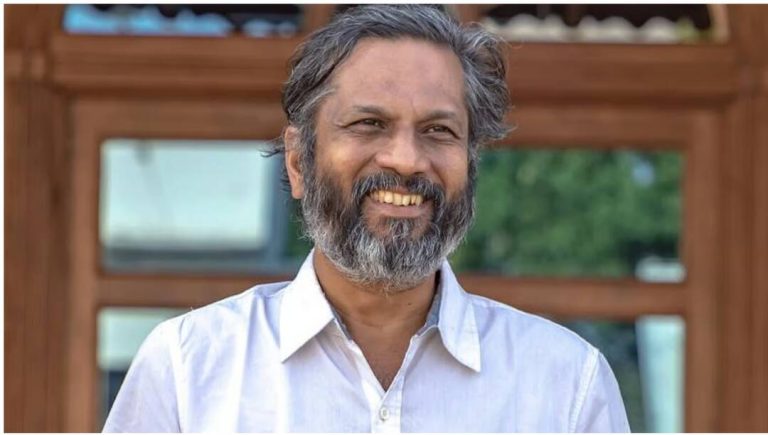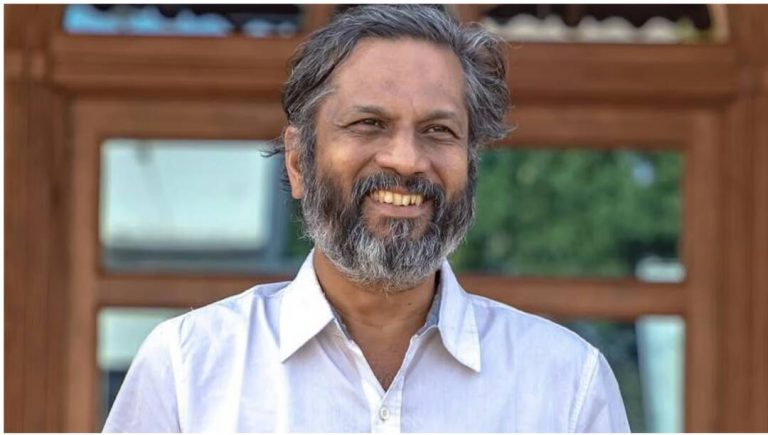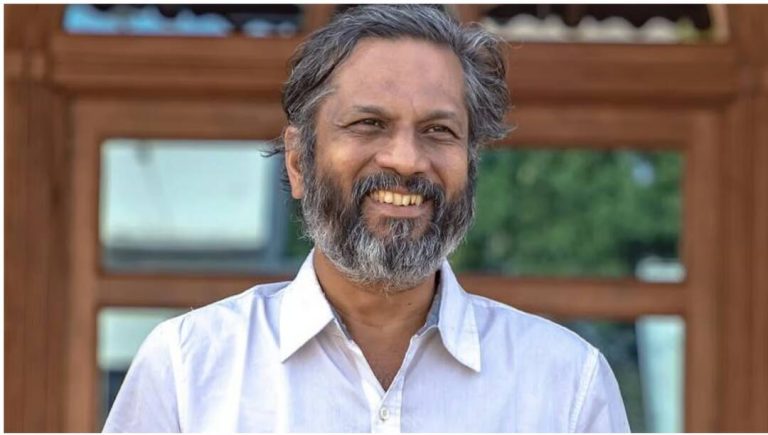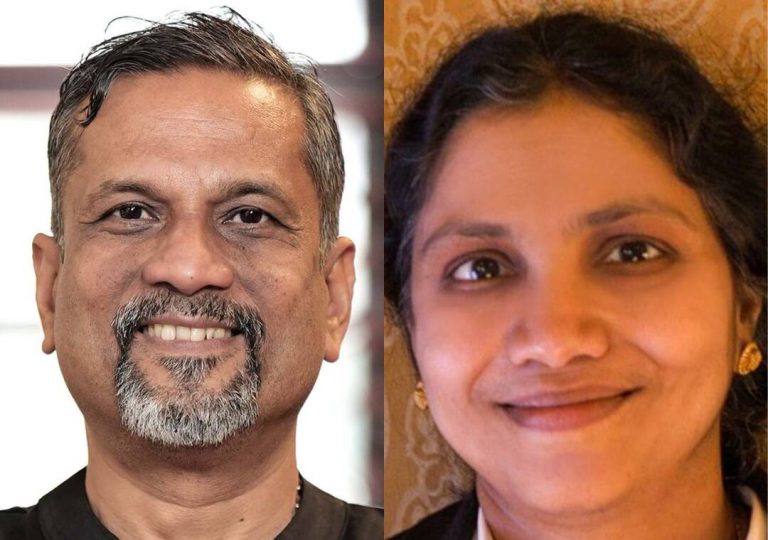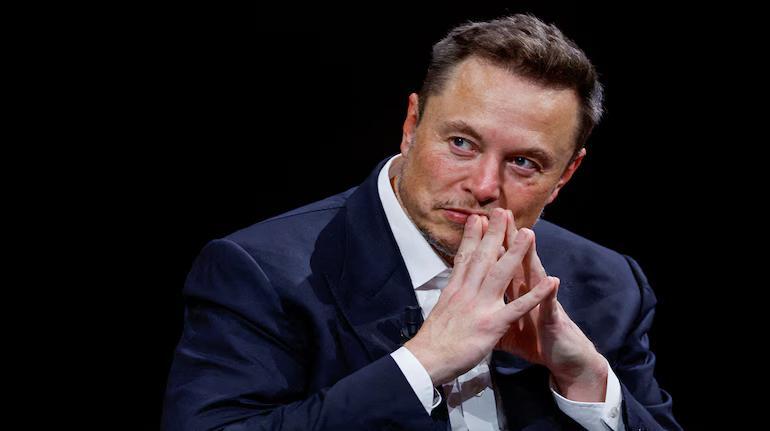
Poverty an engineering issue, AI & humanoid robots will end it: Musk
The notion that poverty is a complex and deeply ingrained issue that requires a multifaceted approach to solve has been a long-standing one. However, billionaire and xAI CEO Elon Musk has a different perspective on the matter. According to Musk, poverty is not a social or economic issue, but rather an engineering problem that can be solved through the use of artificial intelligence (AI) and humanoid robots. This statement, made at the US-Saudi Investment Forum, has sparked a heated debate about the potential of technology to eradicate poverty and create a more equitable society.
Musk’s argument is that as AI and robotics continue to advance, they will become increasingly capable of performing tasks that were previously the exclusive domain of humans. This, he claims, will lead to a significant increase in productivity and efficiency, making it possible to produce all the goods and services that people need to live a comfortable life. With the help of AI and humanoid robots, the cost of production will decrease, making it possible for everyone to have access to the resources they need, regardless of their economic situation.
The idea that AI and robotics can be used to eliminate poverty is not a new one. For years, experts have been exploring the potential of technology to address issues such as hunger, thirst, and shelter. However, Musk’s statement is significant because it highlights the potential of AI and humanoid robots to solve these problems on a large scale. By automating many of the tasks that are currently performed by humans, AI and robotics can help to increase food production, provide clean water and sanitation, and build affordable housing.
One of the key benefits of using AI and humanoid robots to address poverty is that they can operate around the clock, without the need for rest or breaks. This means that they can work tirelessly to produce goods and services, without the need for human labor. Additionally, AI and robotics can be designed to perform tasks with a high degree of precision and accuracy, reducing the risk of errors and improving overall efficiency.
Musk also stated that as AI and robotics advance, money will eventually stop being relevant in the future. This is because, with the help of technology, people will have access to all the resources they need, without the need for financial transactions. This idea is often referred to as a “post-scarcity economy,” where technology has advanced to the point where all basic needs are met, and people are free to pursue their passions and interests without the burden of financial worry.
While Musk’s vision for a future where poverty is eliminated through the use of AI and humanoid robots is certainly compelling, it is not without its challenges. One of the main concerns is that the widespread adoption of automation and AI could lead to significant job displacement, as machines and algorithms replace human workers. This could exacerbate existing social and economic inequalities, rather than reducing them.
Another challenge is that the development and deployment of AI and humanoid robots will require significant investment and infrastructure. This could be a barrier to entry for many countries and communities, particularly those in the developing world. Additionally, there are concerns about the potential risks and unintended consequences of creating advanced AI and humanoid robots, including the potential for them to be used for malicious purposes.
Despite these challenges, Musk remains optimistic about the potential of AI and humanoid robots to eliminate poverty. He believes that the benefits of these technologies far outweigh the risks, and that they have the potential to create a more equitable and prosperous society for all. As he stated at the US-Saudi Investment Forum, “AI and robotics are the only way to make everyone wealthy.”
In conclusion, Elon Musk’s statement that poverty is an engineering issue that can be solved through the use of AI and humanoid robots is a thought-provoking one. While there are certainly challenges to be addressed, the potential benefits of these technologies are significant. As we move forward into a future where AI and robotics are increasingly prevalent, it is essential that we consider the potential implications of these technologies on our society and economy. By doing so, we can work towards creating a more equitable and prosperous world for all, where poverty is a thing of the past.
